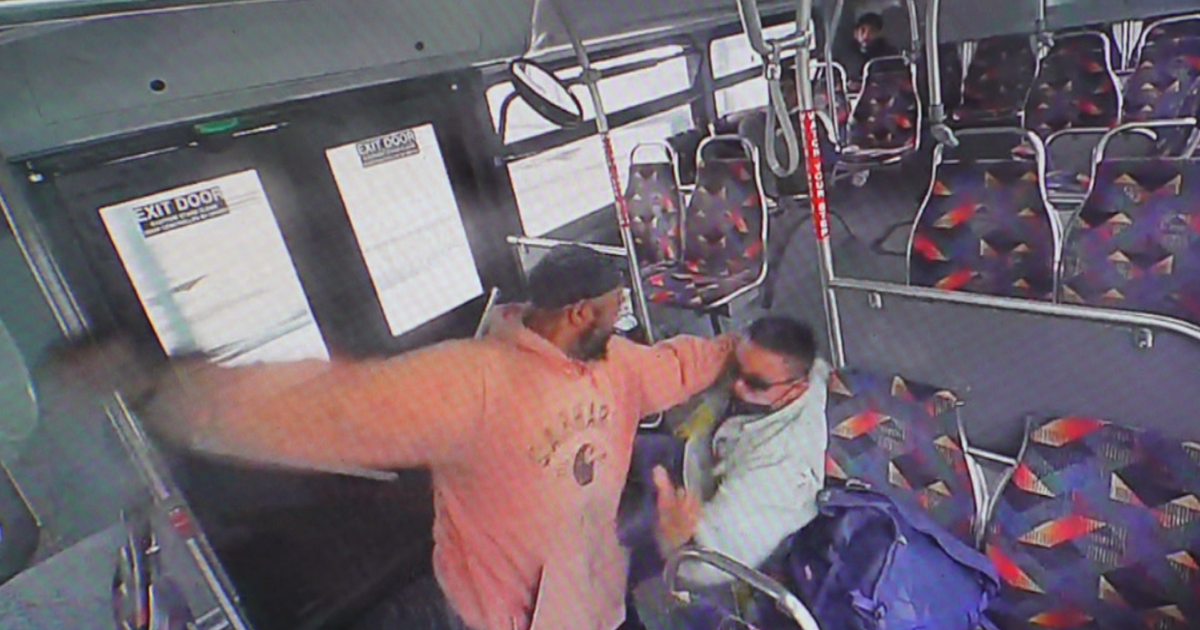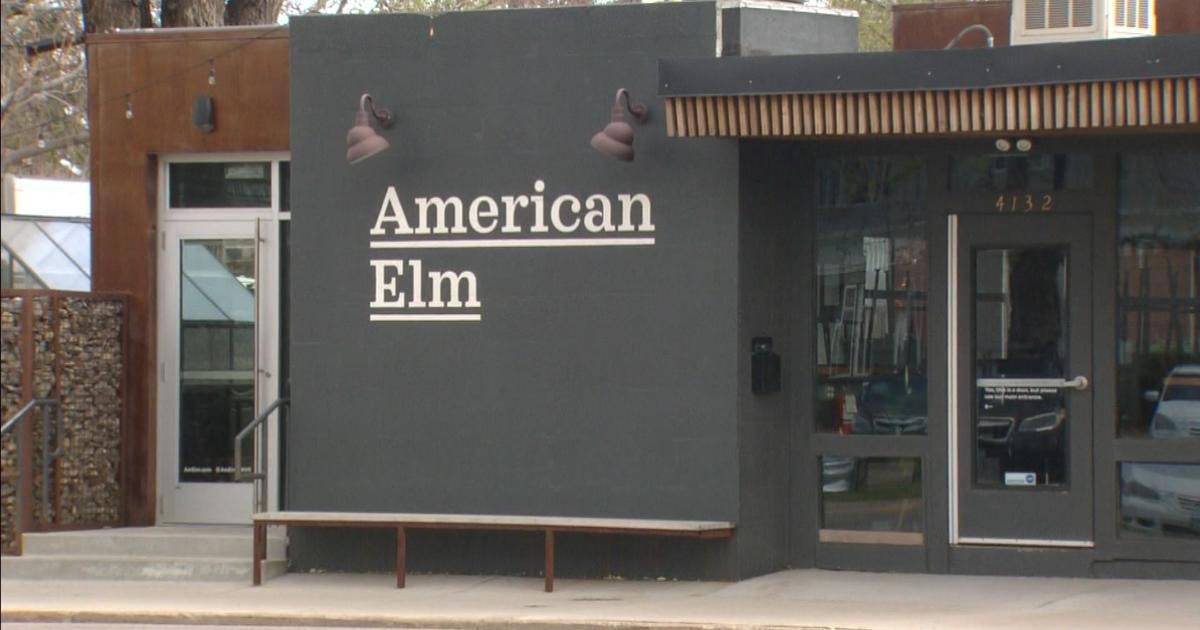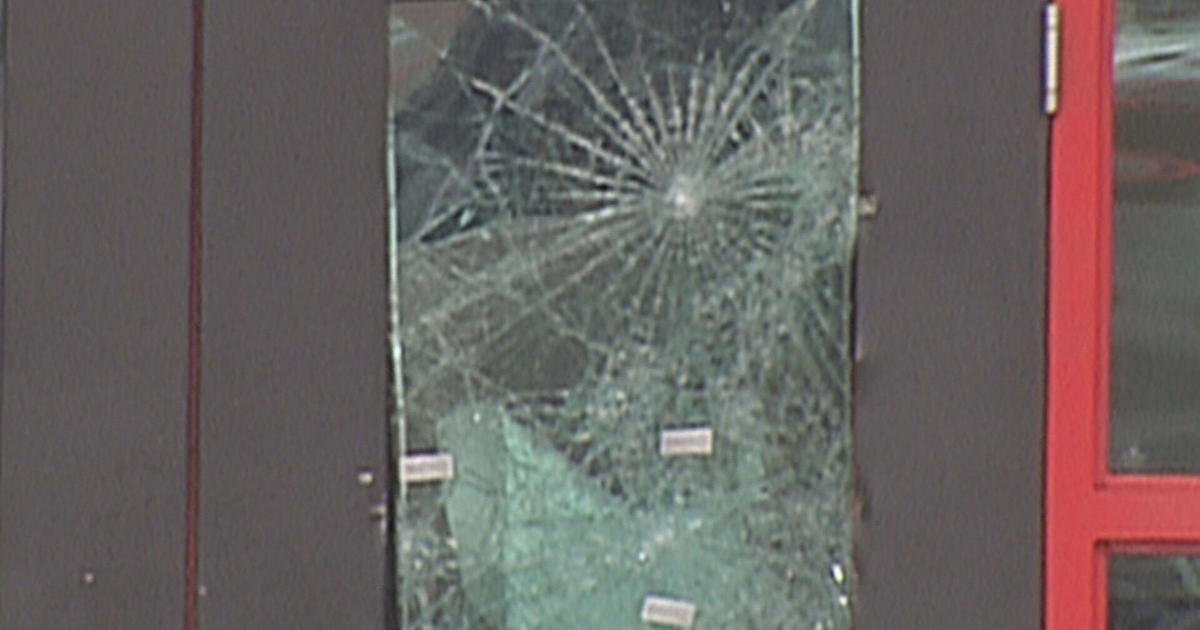Theater Shooting Defense Faces Hurdles In Countering Video
CENTENNIAL, Colo. (AP) - Defense attorneys in the Colorado theater shooting trial will face new challenges when they try to counter 22 hours of sometimes chilling video of James Holmes talking in a flat, mechanical tone about killing strangers to increase his self-worth.
In short, reluctant answers, he tells a psychiatrist who evaluated him for the court that he felt nothing as he took aim at fleeing moviegoers. He is haltingly awkward as he blurts out that he feared being stopped from committing what he acknowledged was a crime.
His responses are brief and monosyllabic.
Dr. William Reid strung them together to conclude that whatever mental illness Holmes was suffering, he was legally sane when he killed 12 people and wounded 70 others during the midnight premiere of a Batman film.
Defense attorneys on Thursday finally will have a chance to cross-examine Reid and raise questions about the interview. Beyond the legal issues presented in Reid's testimony, experts say Holmes' lawyers also will have to overcome the emotional impact on jurors of hearing the killer in his own, stilted words.
LIVE VIDEO: Watch The Trial Live At CBS4's Theater Shooting Trial Special Section
Judge Carlos A. Samour Jr. has repeatedly told jurors they can only consider Reid's testimony and the video to help them answer the question of whether Holmes was sane. But experts say Holmes' affect will be hard to ignore.
"They are looking at him as a human being and trying to interpret his soul, his character, his spirit," said Joseph Rice, managing partner of the Jury Research Institute, a California-based trial consulting firm. "All those things are intangible and very subjective. If he appears to be this cold, unfeeling individual, he's a threat, he's scary, he's not a human. If jurors were to reach those conclusions, they might say this is who the death penalty is for."
The video offered a rare glimpse into the mind of a mass shooter, and experts say it could be as powerful to jurors as watching Holmes take the stand, which defense attorneys have said isn't likely to happen.
Defense attorney Kristen Nelson tried to reiterate Thursday that the video violates Holmes' right against self-incrimination, prompting a lecture from the judge, who already ruled it admissible.
"He's providing his own narrative, and it seems to be playing right into the hands of the prosecution," said Alan Tuerkheimer, principal of Trial Methods, a Chicago-based jury consulting firm. "Jurors are probably thinking they are getting to know him."
Reid interviewed a medicated Holmes two years after the shooting, after he pleaded not guilty by reason of insanity to the July 2012 attack. In Colorado, prosecutors have the burden of trying to persuade jurors to reject that claim, and they are playing nearly all 22 hours of Reid's conversations with Holmes in an effort to show he was rational and knew what he was doing was wrong.
Reid presses hard to draw Holmes out. In clips shown Thursday, Holmes gives vague and sometimes contradictory answers about whether there were two versions of himself struggling for control and whether one of them was evil.
Did an evil Holmes commit the shooting? Reid asks.
"Na," Holmes replies, flatly. "I don't think this is an evil James Holmes."
The challenge for defense attorneys will be to "educate jurors about why what they are seeing is more a validation of his illness, as opposed to just being a validation of his evil," Rice said.
Reid could ultimately strengthen the case that Holmes was severely mentally ill, which could help spare Holmes' life during the trial's penalty phase.
"What Mr. Holmes has been saying on that tape is he is remorseful about what happened, he feels bad, he's explaining his self-isolation," said Denver defense attorney Iris Eytan, who initially represented Holmes but is no longer involved in the case.
Later this month, defense attorneys will start calling their own mental health experts, at least one of whom found Holmes insane. They have said 20 doctors who treated Holmes agreed he suffered a psychotic illness.
"It seems right now it looks really dire. They're putting up this doctor and it looks really bad," Eytan said. "This is just the beginning. This is 30 percent of the medical testimony that's about to come out."
By SADIE GURMAN, Associated Press
Associated Press writer Dan Elliott contributed to this story
(© Copyright 2015 The Associated Press. All Rights Reserved. This material may not be published, broadcast, rewritten or redistributed.)



